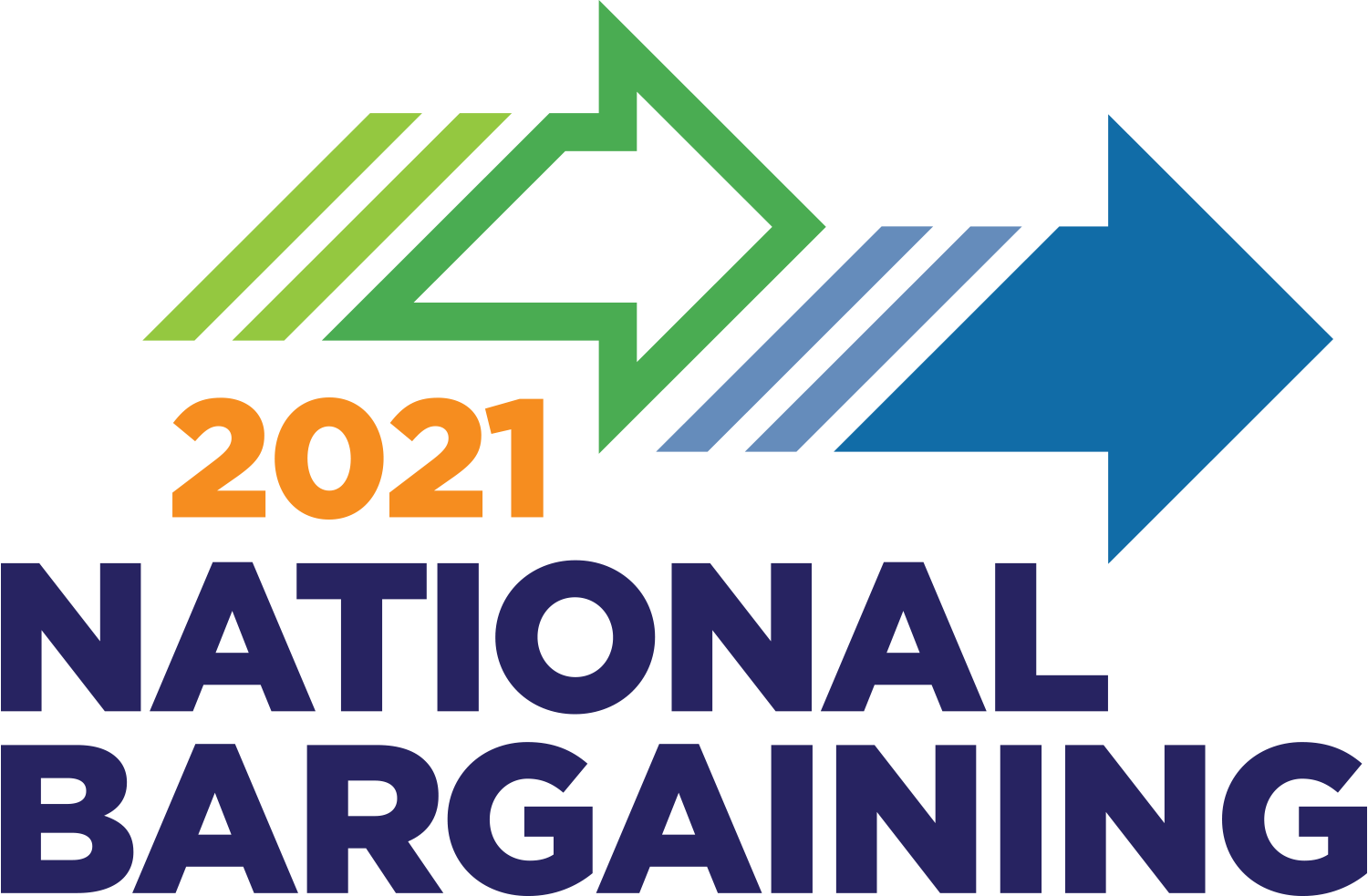Quality
Tips for Improving Health Screenings

Screening for high blood pressure is just one of many ways we provide high-quality preventive care.
Identifying health risks is essential to Kaiser Permanente's mission
Identifying health risks is essential to Kaiser Permanente's mission
Screenings for such diseases as colorectal and breast cancers, high blood pressure, diabetes and obesity help us proactively identify identifying health risks and early signs of disease Here are some ways everyone can help ensure our members stay as healthy as possible.
- During a visit, print out and review with the patient any screening gaps that are identified on his or her Proactive Office Visit summary.
- Use KP HealthConnect™ and/or panel management tools to identify and reach out to members who are due for a screening to check for high blood pressure or such diseases as colorectal or breast cancer.
- Have receptionists keep an eye out for age- and risk-appropriate members during office visits and target them for follow up by care providers.
- Create outreach scripting that personalizes the importance of preventive screenings.
- Designate a staff member to contact members who received at-home fecal immunochemical tests (known as FIT kits), to remind them to return them.
- Capture patients’ attention by posting or mailing brightly colored literature that explains how a test detects early signs of disease and can be life-saving.
- Work with your local radiology department to identify the best days and times for same-day mammograms, so patients can get the scan without an appointment.
- Contact hypertensive patients at pharmacy pick-up counters for blood pressure checks and consultations.
- Have clinical assistants and/or medical assistants increase the number of outreach calls and blood pressure checks.
- Invite a regional or local expert in prevention and screening to meet with your team to discuss how best to support regional and local initiatives without duplicating efforts.
